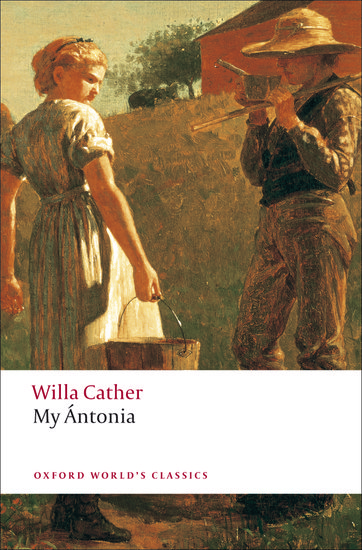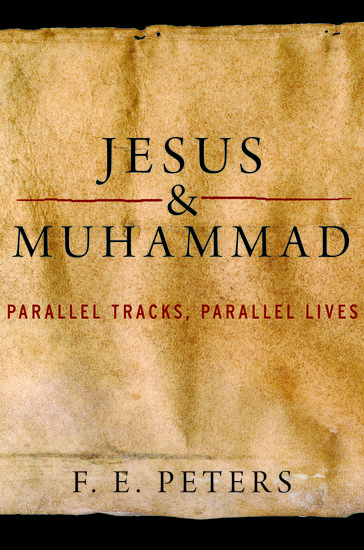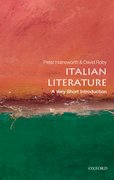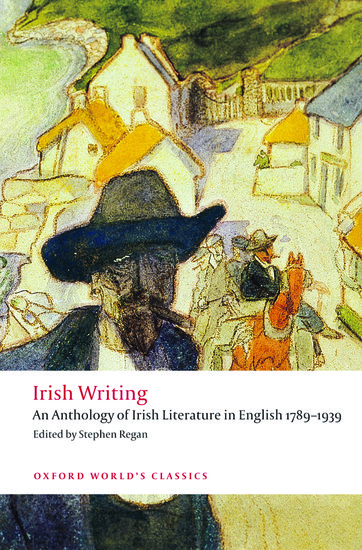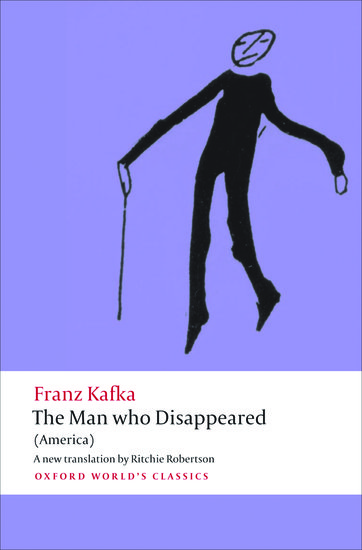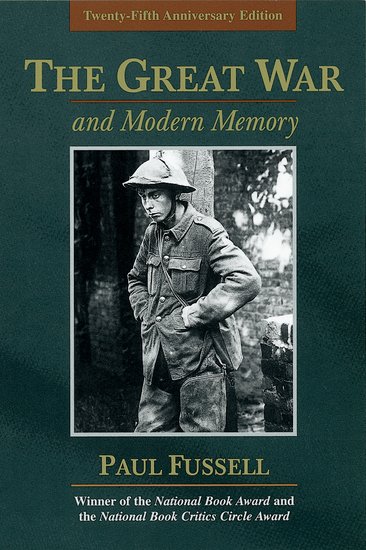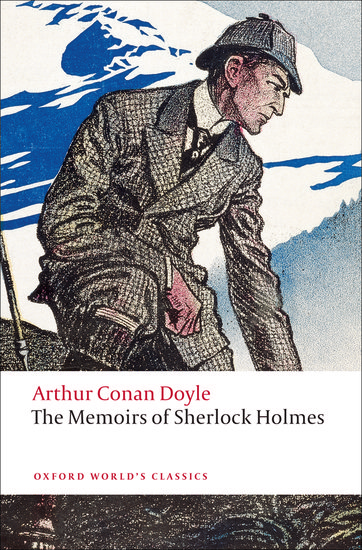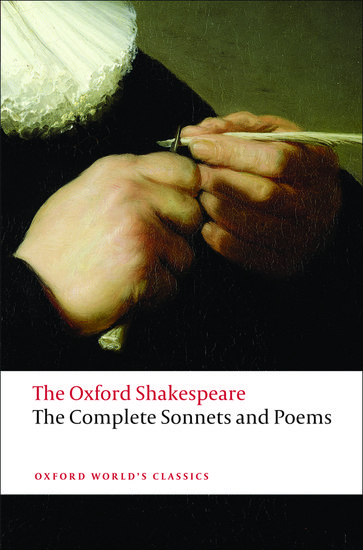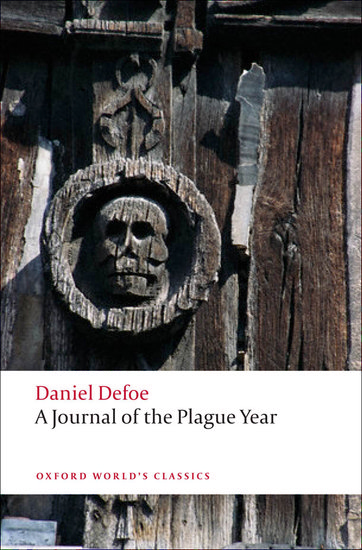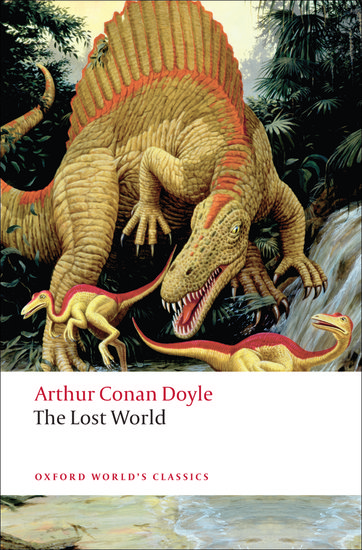A New ‘Modern Prometheus’?
By Brett Rogers and Benjamin Stevens
Early in Ridley Scott’s science fiction (SF) film Prometheus, archaeologists discover a cave-painting of what seems to be a human figure pointing at a group of stars. Having gathered strikingly similar images from ancient and prehistoric cultures around the globe, the archaeologists take this most recent discovery as confirming their theory about the origin of humankind: we were placed here, created, by extraterrestrials. The archaeologists refer to those extraterrestrials as ‘Engineers’ (“What did they engineer?” asks another character. “They engineered us.”).


